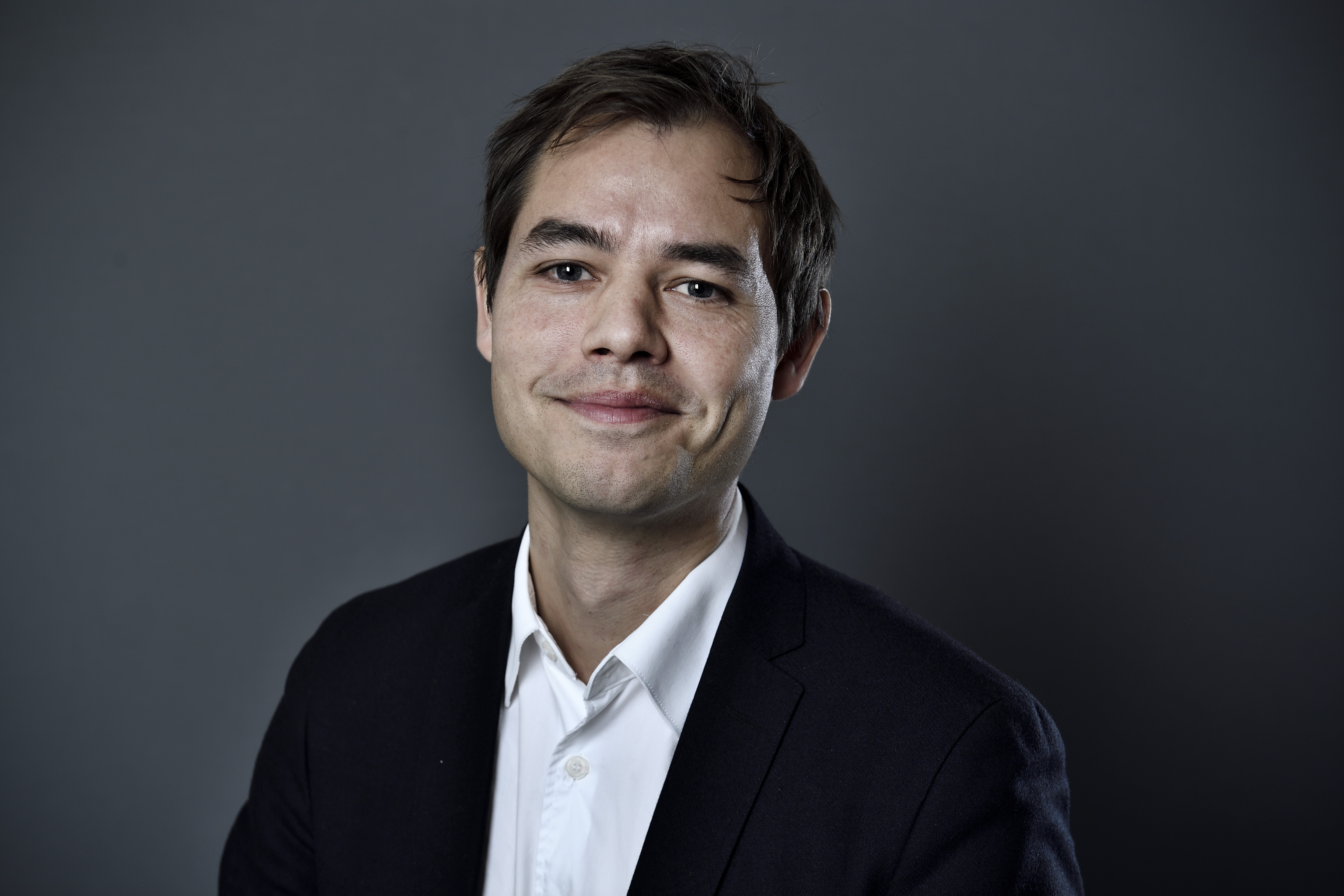Christian Ammitzbøll Thomsen
Research leader

Project title
Migration and Membership Regimes in the Ancient Greek World (400 BCE - 100 CE)
What is your project about?
The ancient Greek world was a world on the move. Practically every Greek city-state was home to a considerable number of foreigners, who as non-citizens were barred from participation in political life. While previous scholarship has focused intensely on ancient Greek political life and on the lives of citizens, my team and I will investigate the economic, social and religious opportunities available to foreigners, and how those opportunities (varying from place to place) shaped both patterns of migration and life for citizens and foreigners alike. The project is realized through four case studies: (1) a study of the ways in which wealthy foreigners sought to emulate their citizen peers, (2) an investigation into the social and economic opportunities for those previously enslaved, (3) a study of the consequences of legal fragility of foreigners for social, economic and religious integration, and (4) an archaeological study of (foreign women and their role in the development of new religious communities.
How did you become interested in your particular field of research?
Like most people I am deeply fascinated by the past and its inhabitants – familiar and foreign at the same time as they are. Many of the questions we ask ourselves regarding our own society find parallels in ancient Greek society, and even if history provides few answers, it often outlines possibilities and always offers a new perspective. My prior research has mainly concerned the political institutions of the ancient Greek city-states and the distribution of power and possibilities among the citizens. As an extension of this pursuit, it is natural to ask questions about the role and opportunities afforded those who were not full members of the state.
What are the scientific challenges and perspectives in your project?
The greatest challenge for the project is also the best reason for pursuing it. Non-citizens, and foreigners in particular, are difficult to trace in evidence, which was mostly created by and for the citizens of the ancient Greek city-states. By studying the lives and possibilities of the foreigners we can first and foremost arrive at a better understanding of ancient Greek societies and the people who inhabited them, but we will also shed new light on the world of the citizens, which has traditionally had the attention of historians.
What is your estimate of the impact, which your project may have to society in the long term?
Today, migration is a stable of national conversations - in Denmark and throughout the world. We have gotten used to seeing migration as a phenomenon that impacts all aspects of society. While the project does not aim to provide policy suggestions on the matter, I will contribute to the debate about migration through historic examples of migration, its modes and contribution to society.
Which impact do you expect the Sapere Aude programme will have on your career as a researcher?
The Sapere Aude grant allows me to build and strengthen a large international network of scholars from which I can draw valuable inspiration and expertise, but also through which my research can be disseminated. Equally important, the grant provides an opportunity to gain precious experience with research leadership and the courage to pursue even bigger projects in the future.
Background and personal life
I’m married to Mathilde and farther of two. Collector of vinyl records and passionate follower of the Green Bay Packers.
View all research leaders here
Research institution
University of Copenhagen, The Saxo Institute
Research field
History
City of your current residence
Frederiksberg
High school
Sankt Annæ Gymnasium
